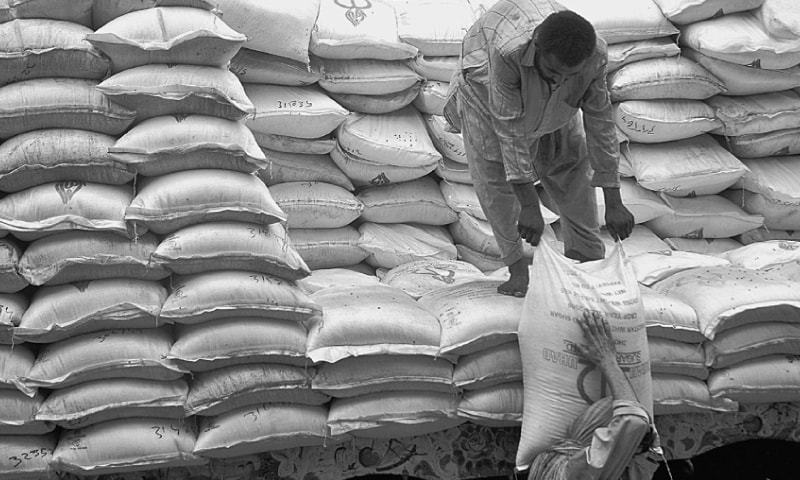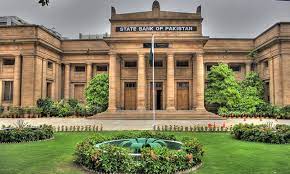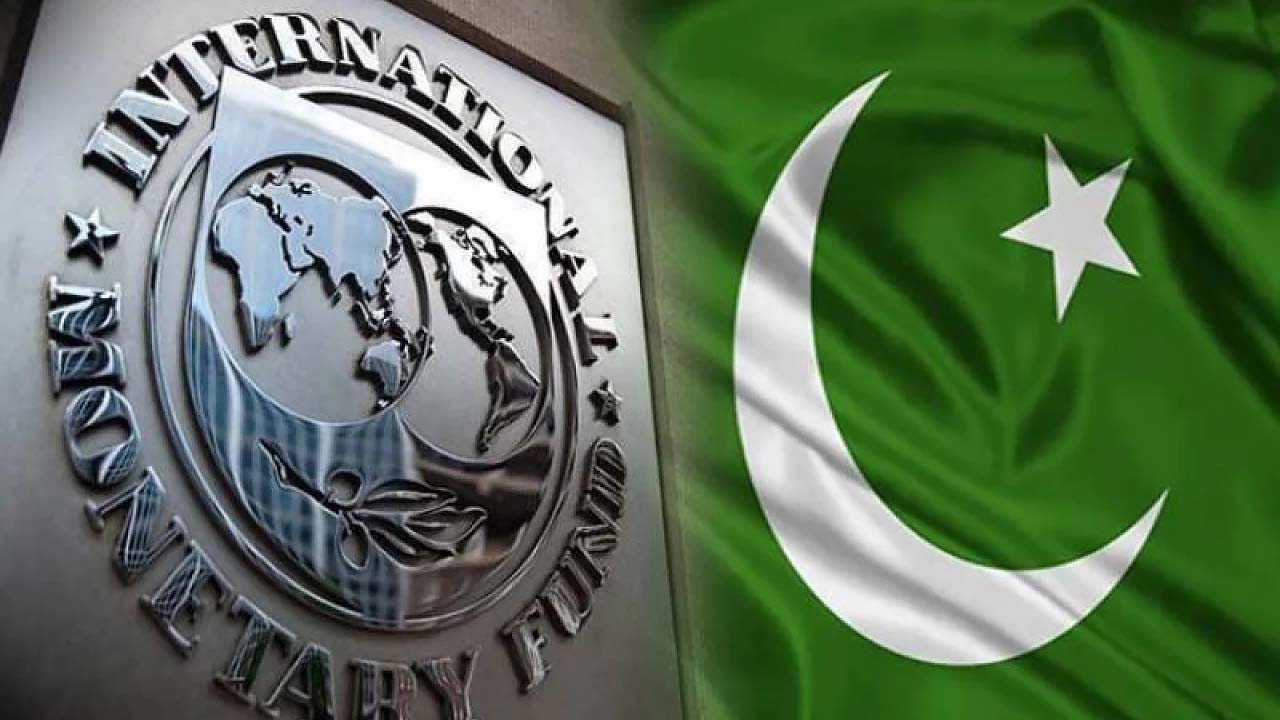PTBP Web Desk
The Competition Commission of Pakistan (CCP) has taken a major regulatory step by issuing show-cause notices to 10 sugar mills in Punjab for allegedly forming a cartel aimed at delaying the start of the sugarcane crushing season and fixing the purchase price of cane at Rs400 per maund. This action marks a critical moment in Pakistan’s ongoing efforts to regulate the sugar industry, which has historically faced accusations of manipulation, price-fixing, and market distortions.
According to an official statement released on Friday, the CCP stated that it had found compelling evidence suggesting that the sugar mills held a joint meeting on November 10 at Fatima Sugar Mills. During this meeting, representatives of the mills allegedly agreed to begin sugarcane crushing on November 28, despite an official directive from the Punjab Sugar Cane Commissioner requiring mills to commence crushing by November 15.
The CCP report highlights that the meeting was chaired by Rana Jameel Ahmad Shahid, Resident Director of Fatima Sugar Mills. Representatives from several major mills attended in person, including:
- Sheikhoo Sugar Mills
- Thal Industries Corporation
- Tandlianwala Sugar Mills (Rehman Hajra Unit)
- JK-1 Sugar Mills
- Ashraf Sugar Mills
- Kashmir Sugar Mills
Additionally, three mills—Siraj Sugar Mills, Two Star Sugar Mills, and Haq Bahoo Sugar Mills—joined the meeting online.
During the meeting, the mills allegedly agreed to fix the purchase price of sugarcane at Rs400 per 40 kg, a move that CCP believes represents a clear violation of Section 4 of the Competition Act 2010, which prohibits cartelization, collusion, and coordinated market manipulation.
CCP emphasized that when major industry players coordinate to set prices, restrict supply, or control the timing of production, they undermine the basic principles of a competitive market. Section 4 of the Competition Act explicitly prohibits such practices, especially when they result in restricting trade or unfairly manipulating prices.
In this case, the alleged decision to delay sugarcane crushing until November 28 could reduce supply in the market, leading to artificial shortages and higher retail prices for sugar. This not only harms consumers but also causes financial distress for farmers, who rely on timely crushing to prevent spoilage of their sugarcane crops.
The CCP noted that there is a significant imbalance in bargaining power between sugar mill owners and local farmers. Farmers often have limited leverage and depend heavily on mills to purchase their produce promptly. Any collective decision by mills to fix prices or delay crushing directly harms their interests.
According to CCP, the price of sugarcane should ideally be negotiated individually between each mill and the farmers’ representatives in their respective regions, based on local supply-and-demand dynamics. However, instead of allowing the free market to operate, the mills allegedly formed a nexus to unilaterally impose a price of Rs400 per maund.
This practice, CCP argued, prevents fair negotiations and violates the competitive landscape while placing farmers at a disadvantage. Delays in the crushing season also result in deteriorating crop quality, further reducing farmers’ earnings.
Possible Market Manipulation and Sugar Shortages
One of the most significant concerns raised by the CCP is the impact of delayed crushing on the broader sugar market. If mills postpone production simultaneously, the early-season supply of sugar declines, creating the conditions for:
- Artificial price hikes
- Market shortages
- Increased consumer burden
Pakistan’s sugar market has historically been sensitive to disruptions, with previous investigations revealing how coordinated actions by mill owners led to rapid spikes in sugar prices. By delaying crushing intentionally, the mills could influence market prices for their benefit.
Given the seriousness of the allegations and the potential consequences for both farmers and consumers, the CCP has ordered the involved sugar mills to submit a written response within 14 days. The commission will then review their statements, determine culpability, and decide whether penalties or additional proceedings are warranted.
This latest investigation underscores CCP’s commitment to policing anti-competitive practices in Pakistan’s sugar industry—a sector frequently scrutinized for opaque operations and alleged cartel behavior.
The CCP’s intervention comes at a time when Pakistan continues to struggle with rising food prices and inflation. Regulatory oversight has become crucial in preventing dominant industry players from manipulating markets.




